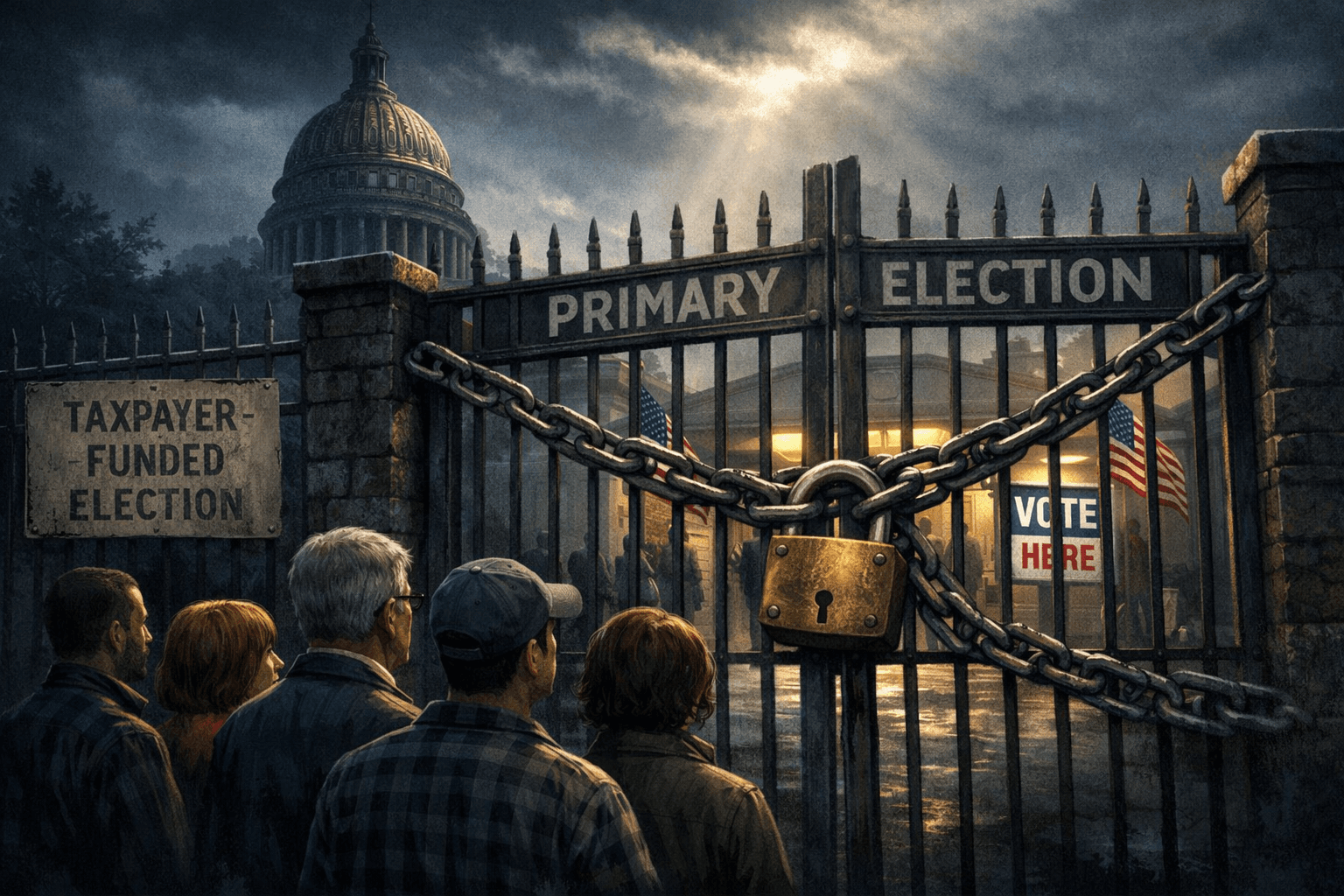Survey: Gen Z Leading the Charge for Independent Politics and Real Solutions?

WASHINGTON, D.C. – A new nationwide survey from the Independent Center shows a seismic generational shift in political identity, with younger Americans increasingly rejecting the traditional two-party system and demanding new choices, new leadership, and lasting solutions.
The study highlights widening gaps between age groups on economic priorities, outlook for the future, and trust in government—while revealing areas of common ground that could reshape U.S. politics.
“Young people are reshaping what independence means in American politics, demanding accountability, collaboration, and long-term solutions that go beyond the two-party tug-of-war,” said Lura Forcum, president of the Independent Center.
They’re focused on the everyday challenges of jobs, affordability, education, and paying for healthcare—and they’re unwilling to accept business as usual.”
One of the key findings from the survey found that a third (32%) of Gen Z identify as “pure independent,” the highest percentage of any age group. Almost half of young voters see independents as offering a “new perspective” rather than playing spoiler roles in elections.
Further, Millennials and Gen X show strong openness to split-ticket voting and expanding ballot choices.
This is where people start to see generational divides between younger generations and the Baby Boomers and the Silent Generation, who remain largely loyal to the two-party system and are much less likely to identify as independent.
The survey also found diverging priorities across generations. For example, the top concerns among younger Americans are jobs, affordability, education, and social reform. Older voters focus more on immigration, national security, and government spending.
These differences, according to the Independent Center, stem from distinct lived experiences. Younger voters are navigating a world of rising costs and limited opportunities. Older voters are more concerned about maintaining stability and security.
This does not mean there aren’t areas of common ground. Health care was a significant issue that offered a bridge between younger voters and older voters. Across every generation, health care ranked as the top personal concern.
This suggests a unique opportunity for independents to lead on reforms that resonate broadly.
There is also widespread frustration with “flip-flop” politics that change with each new administration. No matter the issue, there are radical policy shifts every 4 years now as power shifts between the Republican and Democratic Parties.
This not only creates instability in government, but it ensures lasting solutions cannot emerge. Voters – across all age groups – want leaders who compromise and work together, delivering stability and long-term progress.
“Younger Americans are not just reshaping political identity, they’re demanding leaders who deliver real solutions instead of partisan posturing,” said Adam Brandon, Senior Advisor at the Independent Center.
If an independent movement is to be successful, it must reach and inspire those unwilling to accept gridlock: young Americans.”
The Independent Center’s survey paints a clear picture: America’s youngest voters are not apathetic or disengaged. They are actively seeking alternatives to a system they believe no longer represents them.
The rise of independents among Gen Z and Millennials signals a potential political realignment—one built on accountability, collaboration, and a break from the bitter two-party fight.
As the nation heads toward the next election cycles, these generational trends could redefine the balance of power and the very nature of American politics.
 Shawn Griffiths
Shawn Griffiths





